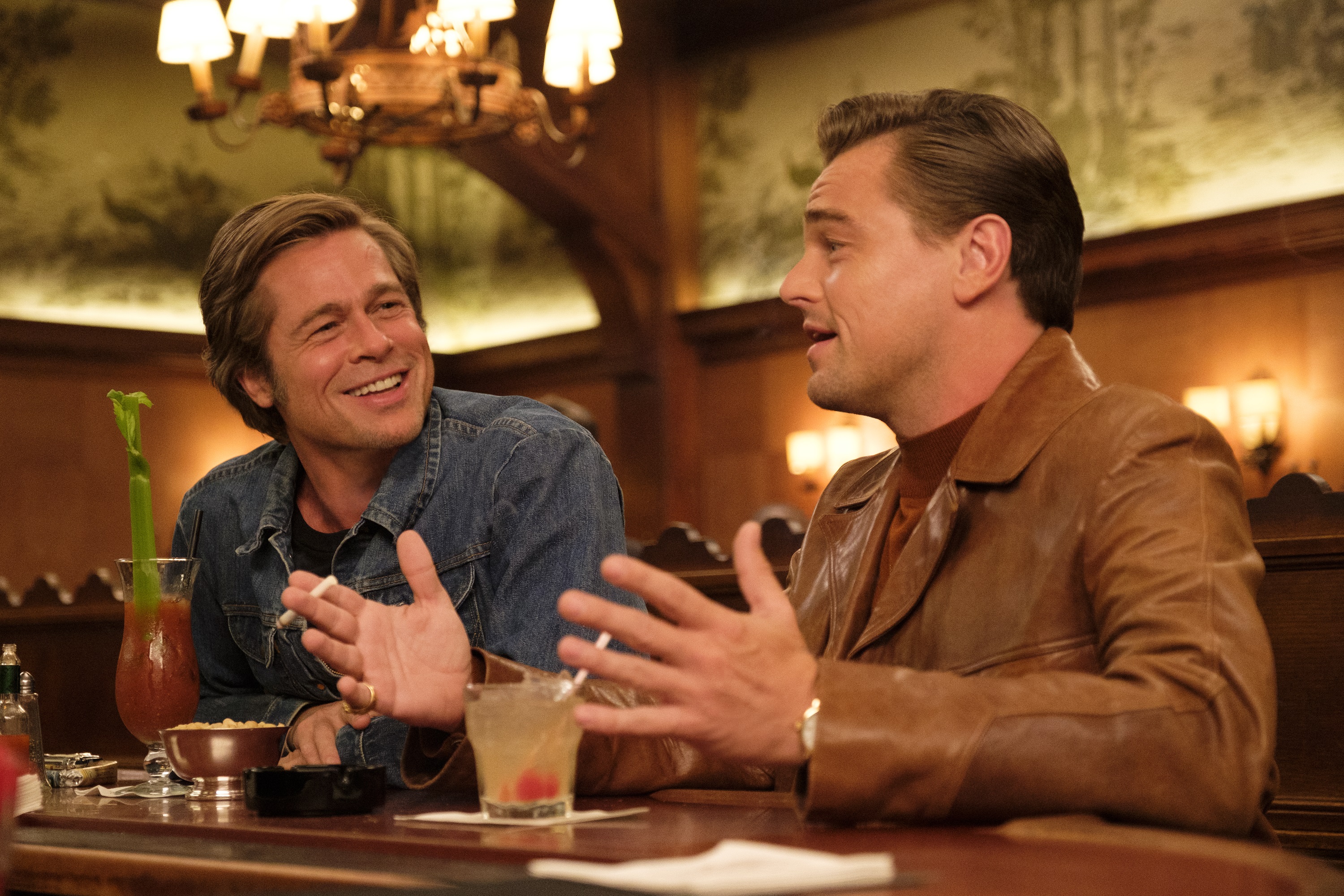To me this film is as much of a memory piece as, say, Roma was for Alfonso (Cuarón)” Quentin Tarantino recently told HFPA journalists about Once Upon a Time… in Hollywood, his latest feature, which screened in Cannes on the 25th anniversary of the Palme d’Or for Pulp Fiction.
Tarantino sets his ninth film at a crucial junction in Hollywood’s history, when the “Easy Riders and Raging Bulls” stormed the industry citadel and “New Hollywood” was born – an event that film authors like Mark Harris have pegged to the 1967 Academy Awards when The Graduate and Bonnie and Clyde prevailed over more mainstream fare.
“It was a special time and place (…) that was only for a couple of years. “New Hollywood” didn’t know that it had won and “Old Hollywood” didn’t know that it had lost at the end of that year. But by 1968, it was clear, by 1969, that New Hollywood, that hippie Hollywood, was the Hollywood. By mid-1969, any movie that was made with a thought process of 1965 or 1966, looked hopelessly dated.”
Against this backdrop, Tarantino’s film follows Rick Dalton (Leonardo DiCaprio) a once matinee idol of TV westerns who is now facing a career decline, relegated to playing bad guys in lackluster films. He shares his middling Hollywood routine with Cliff Booth (Brad Pitt), his stunt double and faithful friend. We follow them in what are basically two work days six months apart (separated by an interlude in Rome where Rick Dalton is called to shoot “spaghetti westerns”). The second day is Aug 8, 1969, the day of the Sharon Tate murders by the Manson followers. Tarantino meticulously reconstructs the look and feel of the period, of the sets as well as of Los Angeles of the day, lovingly populating Hollywood boulevard marquis with titles of period-accurate favorite films.
“I think I am in a unique position,” he told “because, what is the best way to say this, I am old enough to have been there at that time, but not so old that I can’t make a completely vibrant movie of that time.”
Perhaps the most surprising thing for such a director with such an iconoclastic reputation is the affection he lavishes not so much on the revolutionary New Hollywood as on the somewhat hokey old Hollywood represented by his protagonists. And Tarantino has produced what may be his most personal film yet – a film which blends love of film, introspection, and maturity.
“I can honestly say that my taking stock is different than it would have been three years ago or four years ago, or even 10 years ago because I just got married six months ago. I don’t know if there is a cause and effect,” he added “But I am definitely a less angry man. I am not an angry young man anymore, I am neither young or angry. But I don’t have any ax and I don’t have anything that I am trying to push or prove, and I am in a very contented nice place.”

